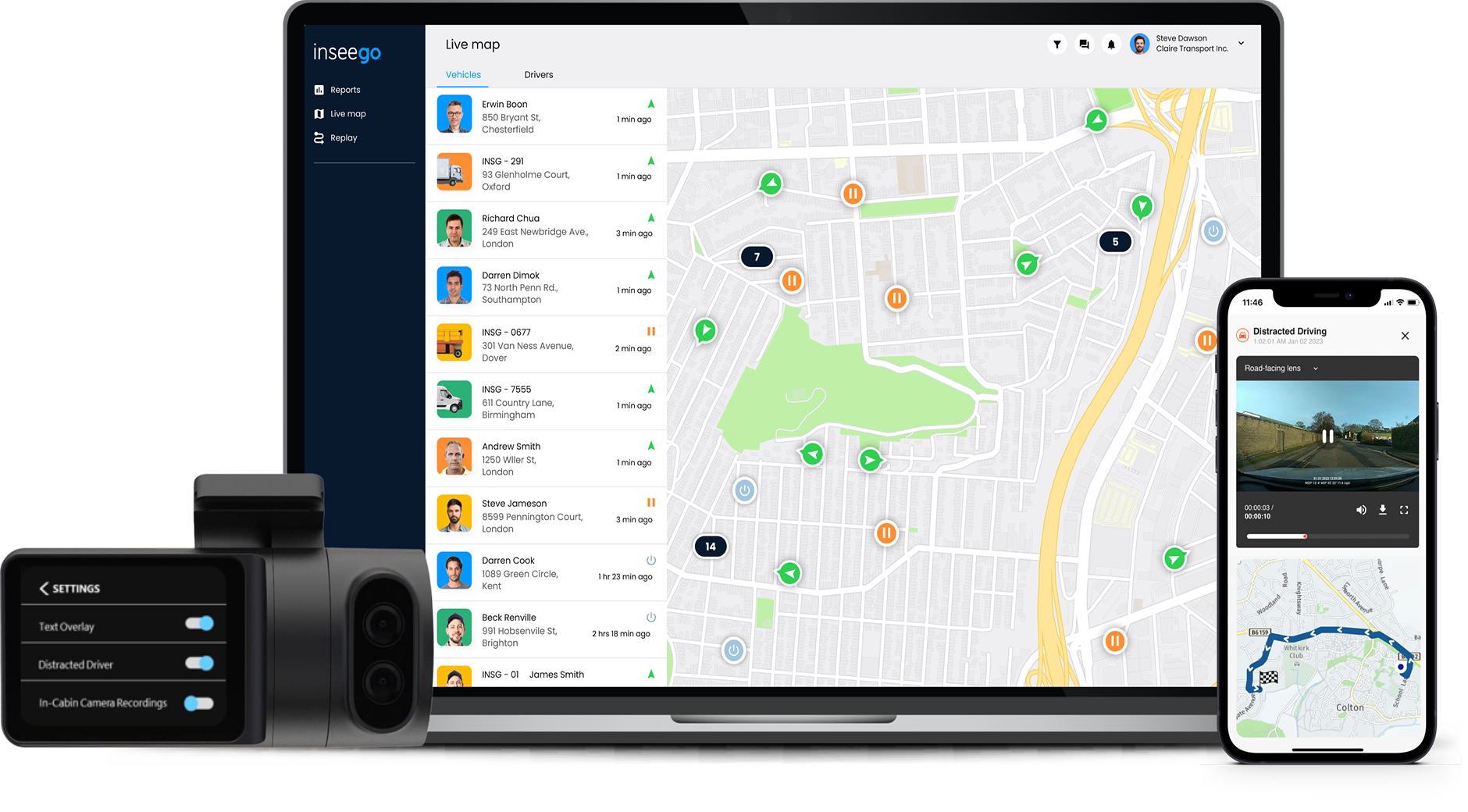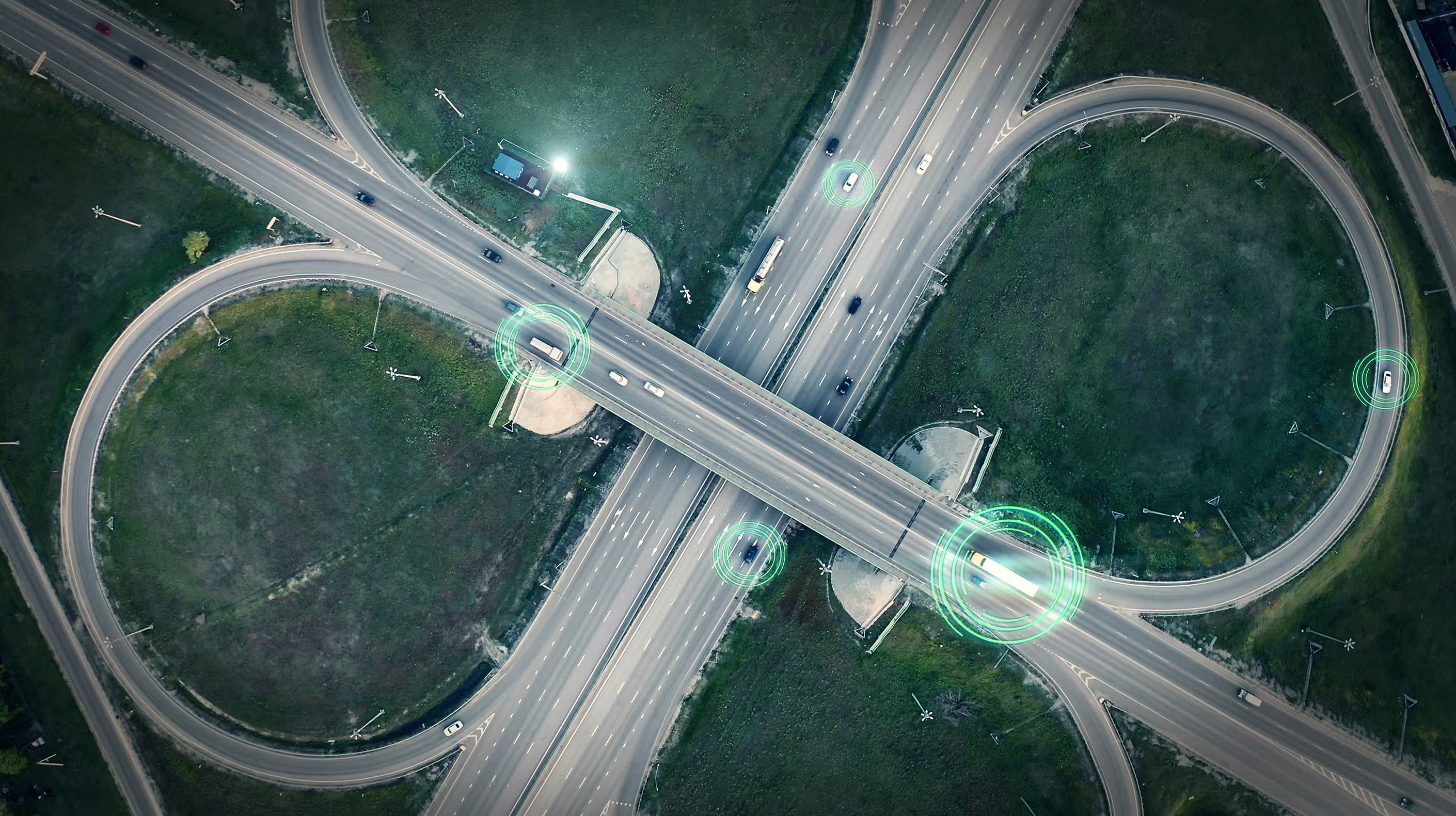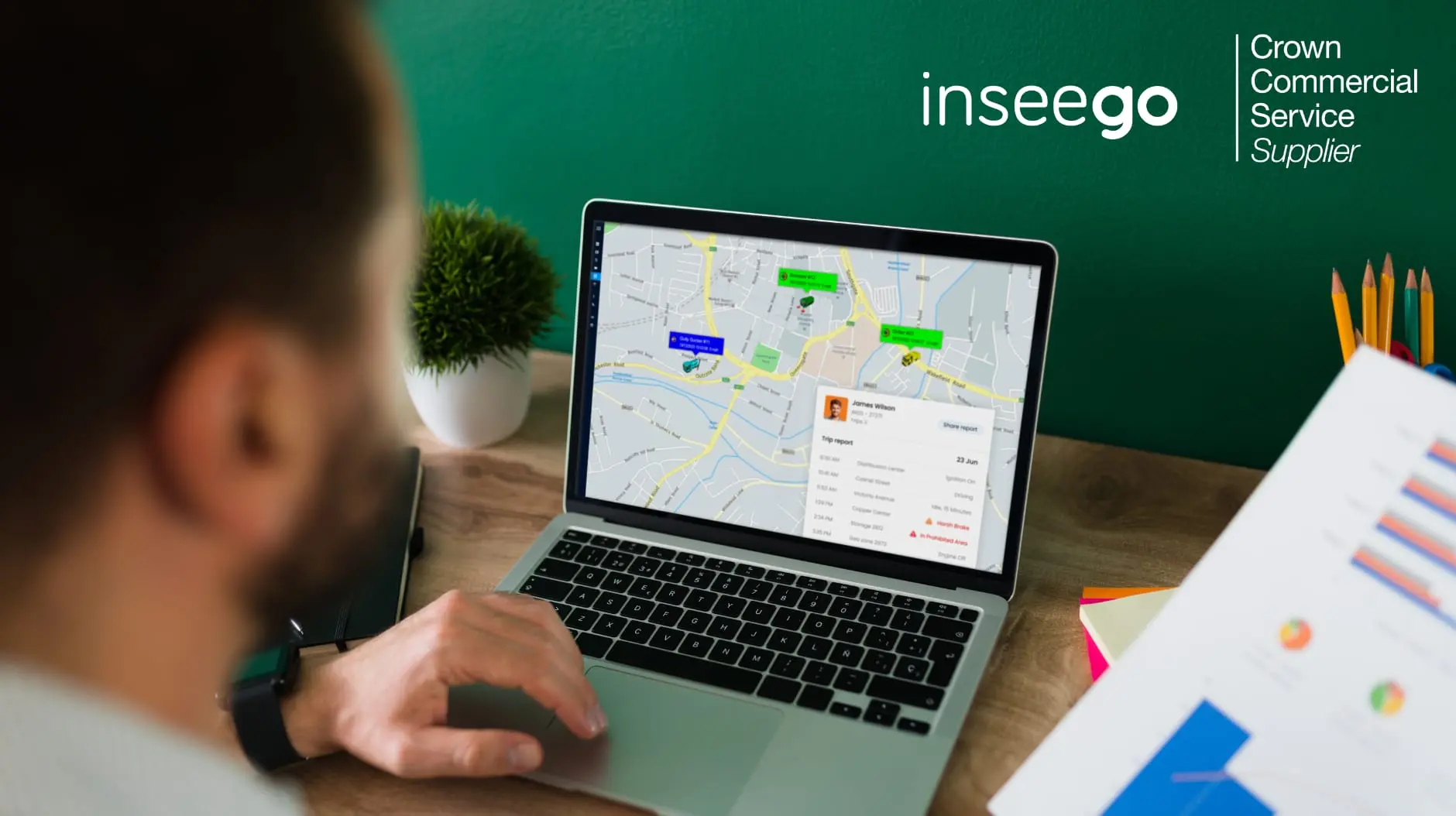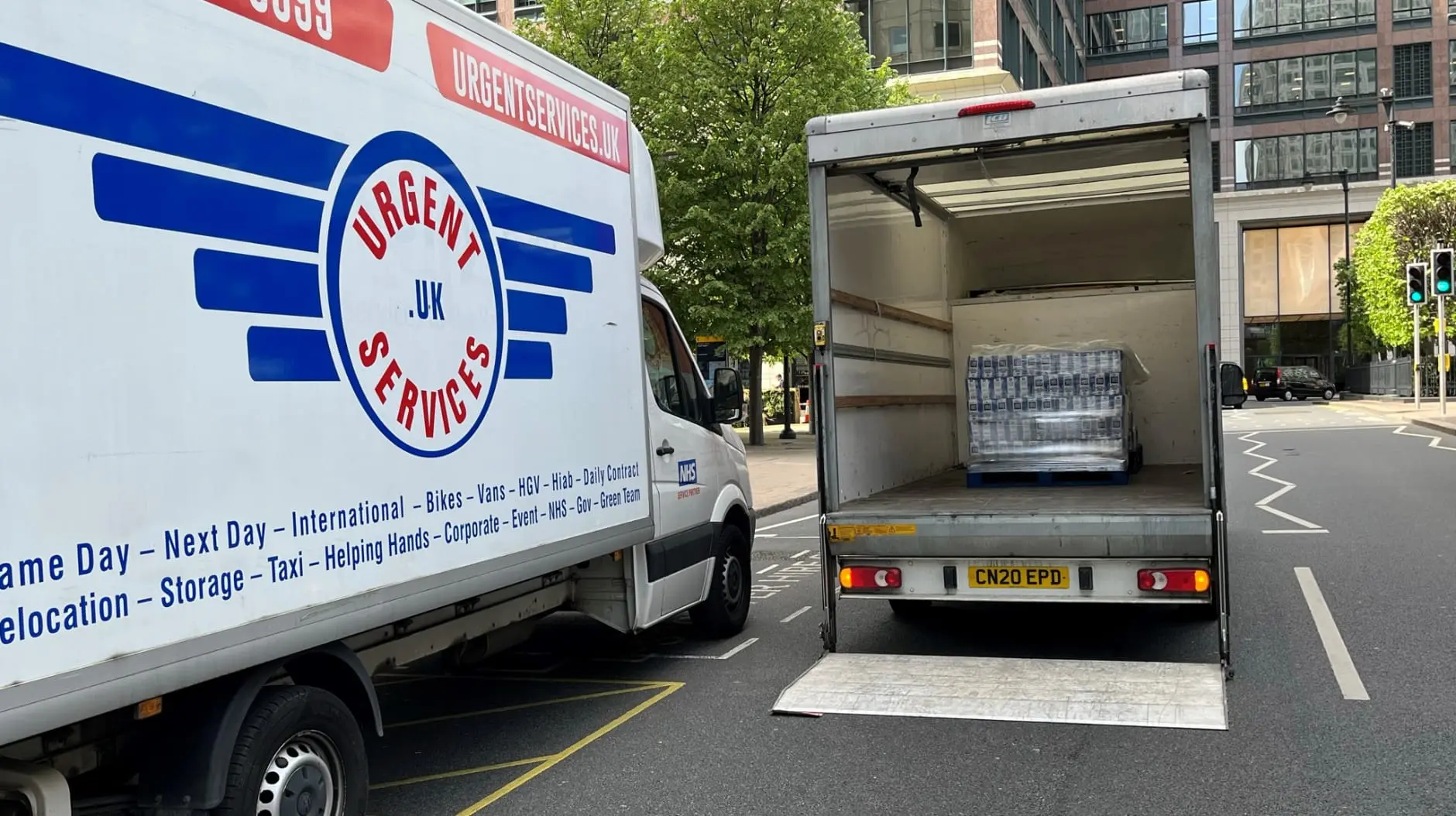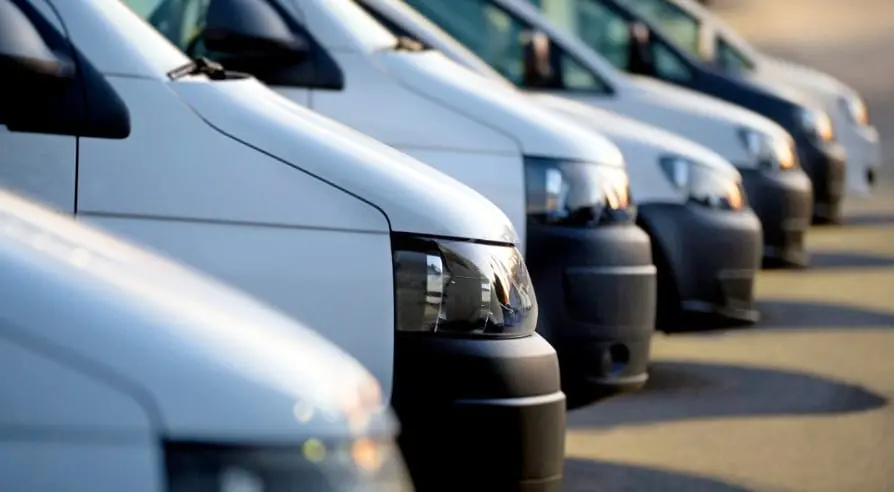Also in this category
View more in Vehicle & Equipment ManagementVehicle & Equipment Management
How To Reduce HGV Fuel Costs
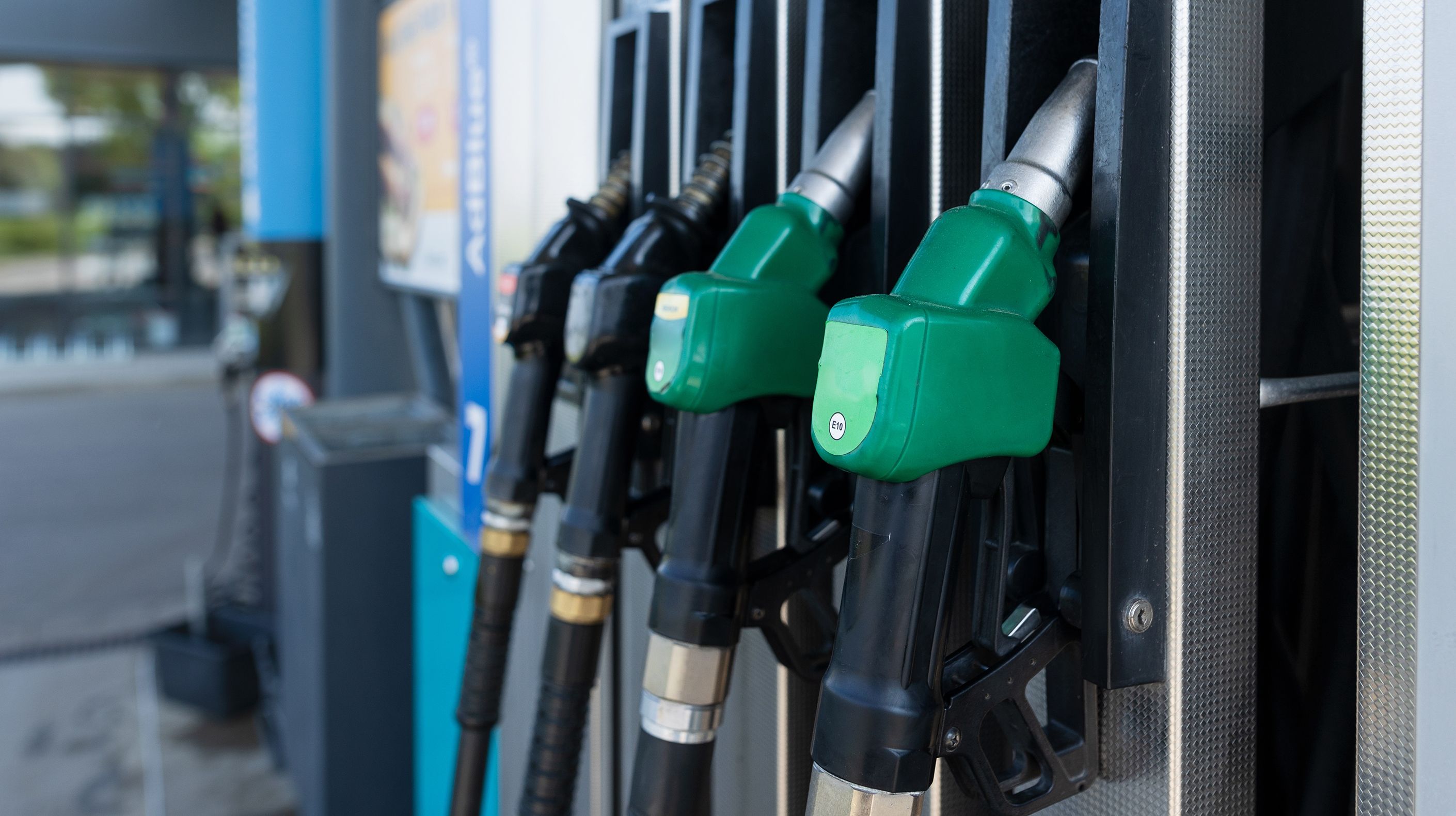
Fuel is one of the largest operating costs for HGVs, and so reducing fuel costs is a top priority for many fleet operators, HGV drivers and owner-operators. The good news is that it is possible to significantly reduce HGV fuel costs through the implementation of various strategies and the use of certain tools and account management systems. In this blog, we'll outline some of the best tactics to reducing your HGV fleet's fuel bill, from taking advantage of competitive pricing at different fuel stations to utilising fuel efficiency driving techniques and investing in more efficient fuel consumption.
Benefits of Reducing HGV Fuel Costs
Reducing HGV fuel costs can provide a range of benefits to businesses. Here are a few of the main benefits:
Increased profits – HGV fleets looking to save money should take the opportunity to reduce their fuel costs as much as possible. Diesel fuel prices are always unpredictable, and savings on fuel bills will result in increased profits.
Reduced emissions – With the aim to reduce carbon footprints, improved fuel efficiency can support HGV fleets in achieving their environmental goals.
Assessment of your HGV Fleet
The most effective way to reduce HGV fuel costs is by conducting a detailed assessment of your fleet. Here's a list of the things to consider:
Record your vehicles' fuel usage – Understanding your current fuel consumption will mean to pinpoint areas of improvement and also help you to track your fleet's progress in reducing fuel costs.
Investigate the type of fuel your HGV uses – Choosing the most suitable fuel for your HGV can help to reduce refuelling costs, while also helping to improve performance.
Analyse traffic conditions on your route – Traffic holds up vehicles and encourages fuel-guzzling acceleration and braking. Utilize a GPS navigation system or technology to plan your route.
Read more about HGV route planningStrategies to Reduce Fuel Costs
Once you’ve assessed your HGV fleet, it’s time to start implementing strategies to reduce fuel costs. Here are a few recommendations:
Utilise fuel efficiency driving techniques – HGVs should be driven at the most fuel efficient speeds. Driving at a constant speed over distance will ensure the lowest fuel consumption, while encouraging drivers to avoid high-speeds and braking.
Read more about driver monitoringDrive less miles – It may not always be necessary to drive long distances. Try combining loads from different locations or reducing the length of trips to reduce miles driven.
Select low carbon alternative fuels – Low carbon alternative fuels such as LPG and biodiesel can provide fuel savings when compared to diesel and petrol.
Analyse vehicle maintenance schedules – Following regular maintenance schedules can make a huge difference in improving fuel efficiency.
Utilise lighter vehicles – This is key in improving fuel efficiency. Ensure that the length and width of the vehicle is the most efficient for your operations.
Reduce idle times to reduce fuel costs - Unnecessary idling wastes fuel, money and adds to emissions. Set reminders, employ driver education and set-up systems to turn off vehicles in order to reduce idling times & have more efficient truck stops.
Read more about reducing idle timesInseego can help your HGV fleet reduce fuel costs
Inseego has designed solutions to help HGV fleets reduce fuel costs. Our technology-driven platform provides essential tools and services that can be utilized to optimize operations, including real-time tracking, route planning and monitoring of fuel usage. We provide fleet managers with a management system to gain visibility and control of their fleet, helping to improve HGV driver behavior, reduce emissions and reduce fuel costs.
With our powerful GPS tracking system, fleet operators can easily monitor their driver's journeys, set routes and analyze driver behavior. Our advanced analytics can be used to identify areas of improvement and potential fuel saving opportunities. With real-time alerts, detailed fuel reports, easy online account management, competitive prices, Inseego helps HGV fleet operators minimize fuel costs and optimize their operations for maximum savings & profits.
